Fifty-seven major Chinese textile companies announced the Climate Stewardship 2030 Accelerating Plan, and pledged to reduce carbon emissions together and ultimately achieve carbon neutrality by implementing a series of measures.
The companies, including K-Boxing, Peacebird, Weiqiao Pioneering Group, Chenfeng Group, Wensli Group and Sateri, announced in late October that within six months, they would start launching training sessions on tackling climate change.
Within one year, the companies will draw up specific goals about how to reach carbon neutrality. Within two years, they will disclose specific plans and road maps to the public.
To meet the target of peaking carbon dioxide emissions before 2030 and achieving carbon neutrality before 2060, China is speeding up the transformation to a clean and low-carbon energy consumption structure.
China's textile sector provides jobs to over 27 million people in both production and sales. On June 1, the China National Textile and Apparel Council launched the accelerating plan to help speed up Chinese fashion brands' stewardship in tackling climate change. The council aims to first support 30 renowned fashion brands and 60 key textile-manufacturing enterprises to take action to mitigate the effects of climate change.
China's textile firms have for some time been actively exploring sustainable growth paths and contributing to the country's carbon emission goals. The sector will continue to explore sustainable production and consumption models, and push forward green transformation of the global fashion industry, the council said.
The council will help integrate advantageous resources in the global industrial chain from entities such as governments, industrial management departments, think tanks, scientific research institutions and technical institutions. By pulling together resources, the council will help to support the research and development, innovation in technologies and products, and talent training for textile firms.
"We hope Chinese textile firms will carry out more innovation and practices in promoting the sector's high-quality and sustainable development, and enhance the sector's participation level and discourse power in the context of the green economy," said Sun Ruizhe, president of the China National Textile and Apparel Council.








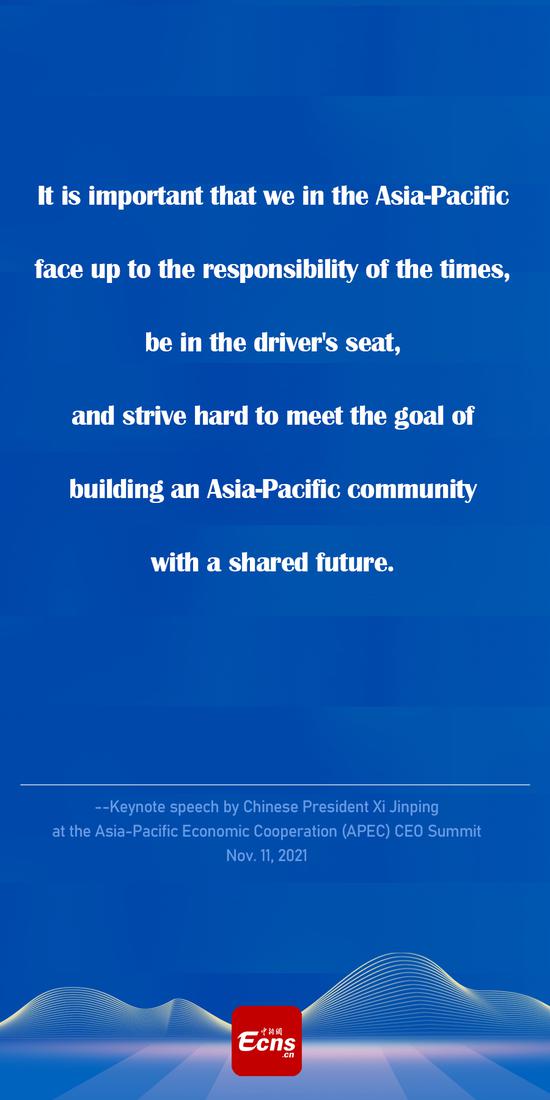
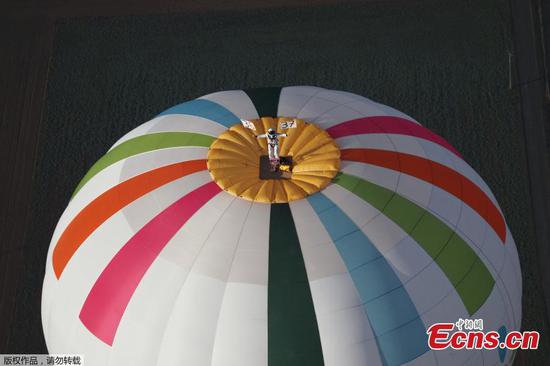


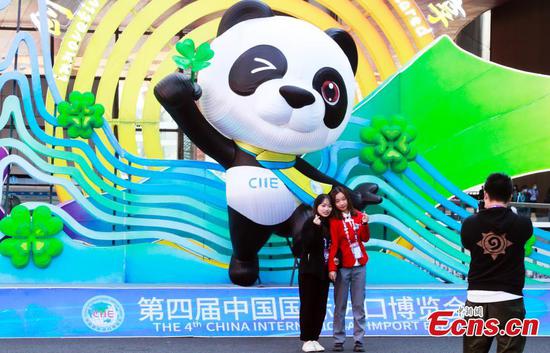
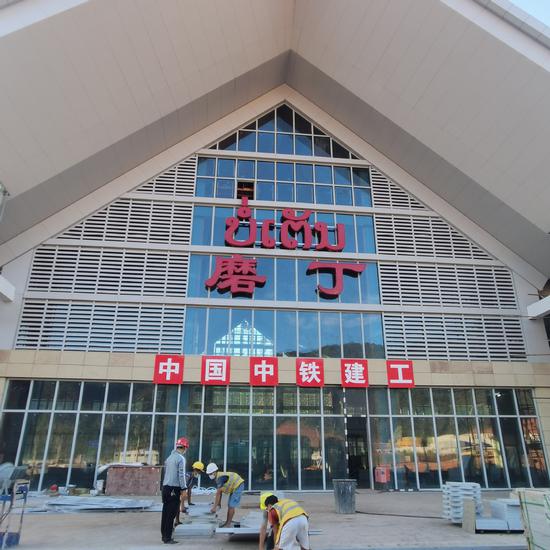

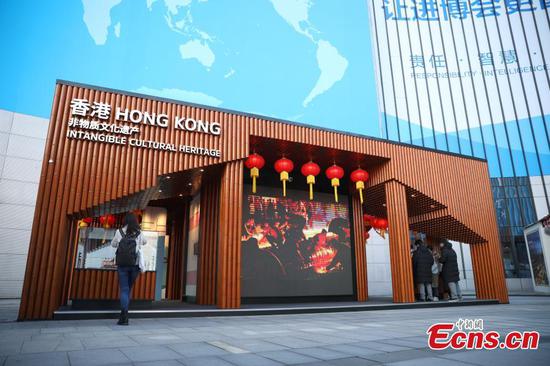

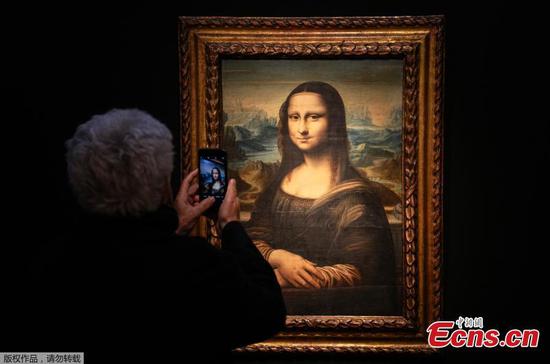

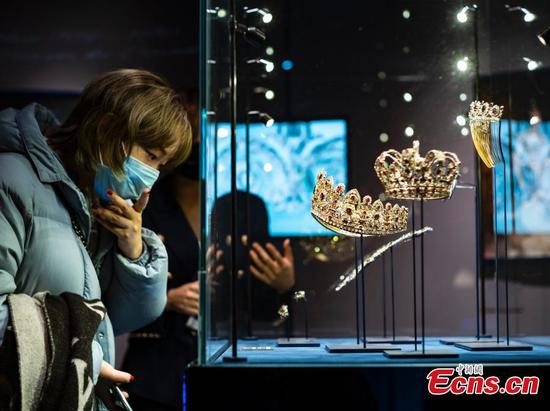

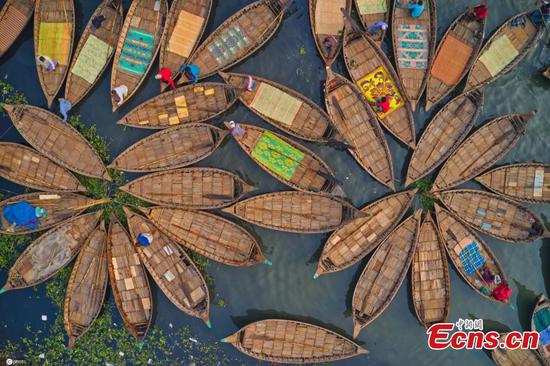
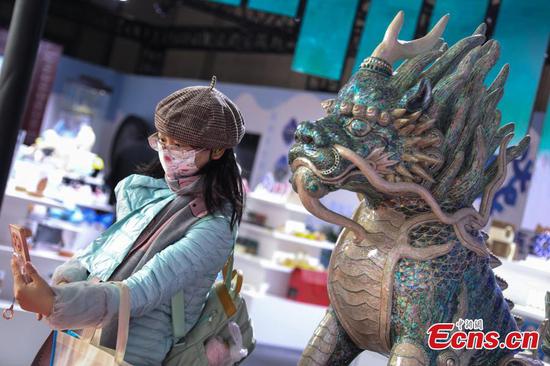
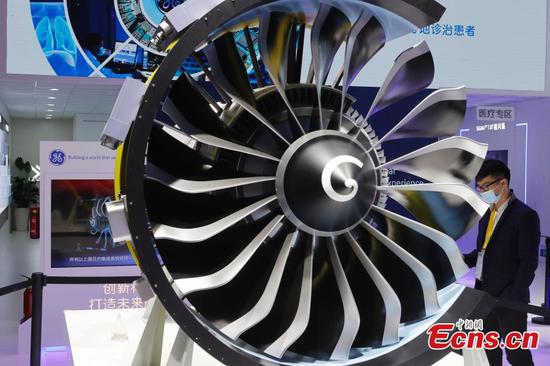
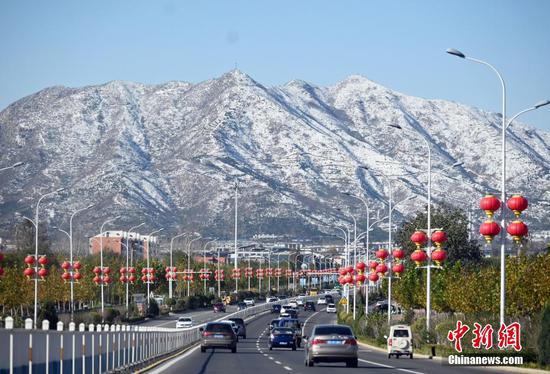



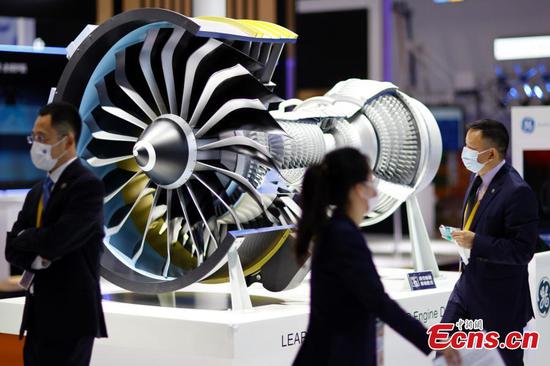




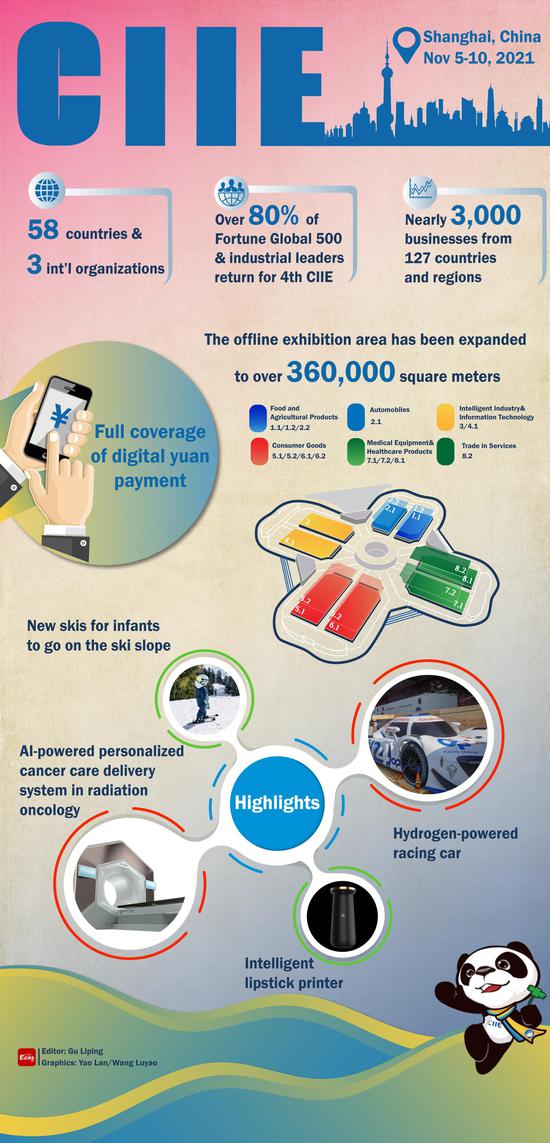
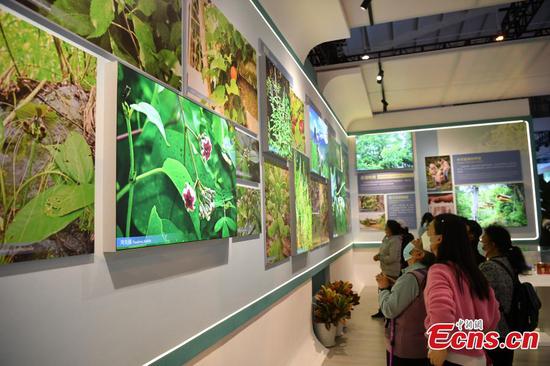


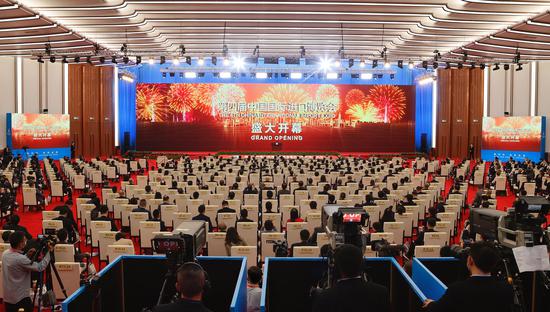
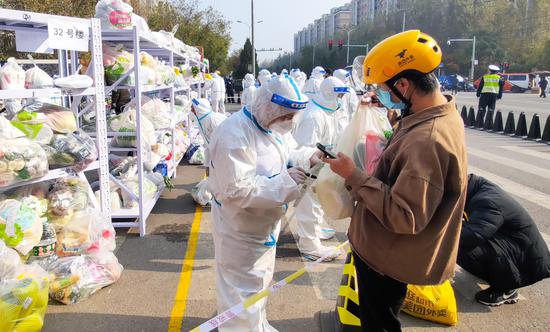

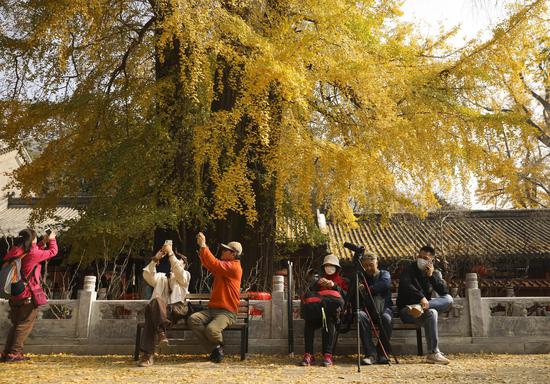
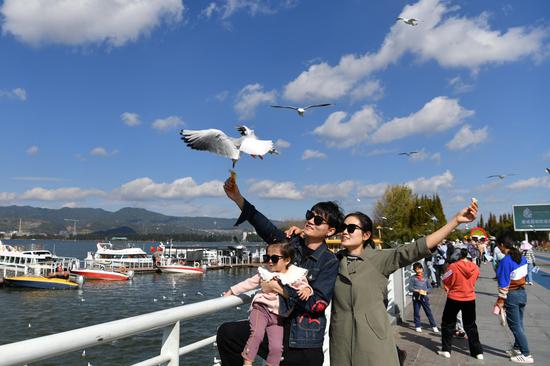
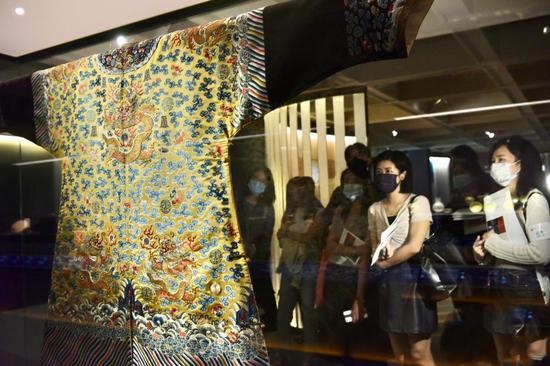







 京公网安备 11010202009201号
京公网安备 11010202009201号